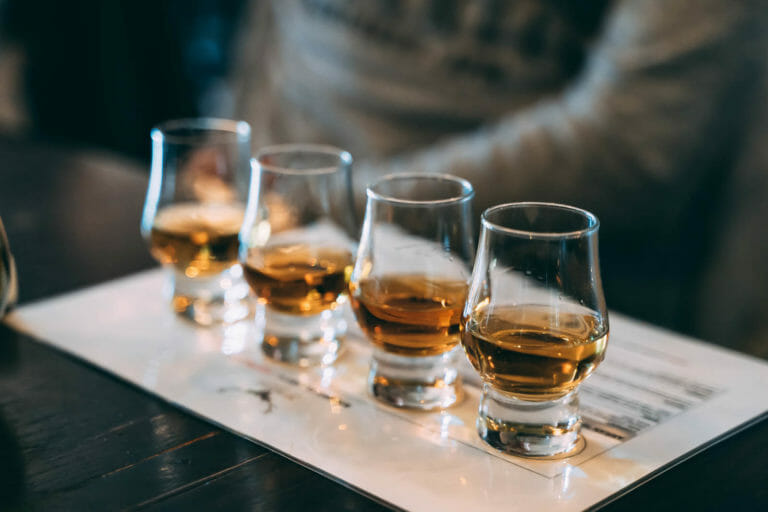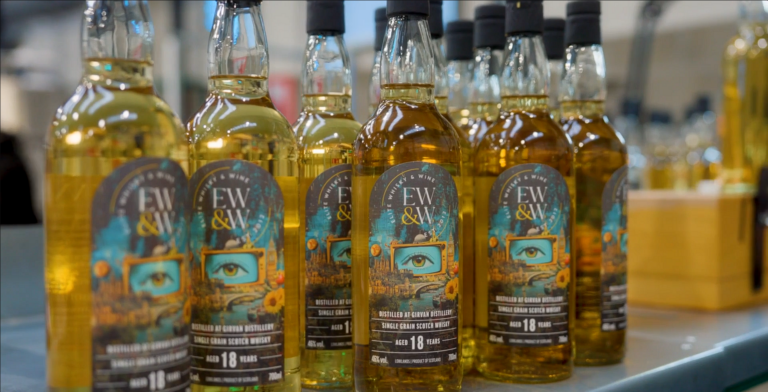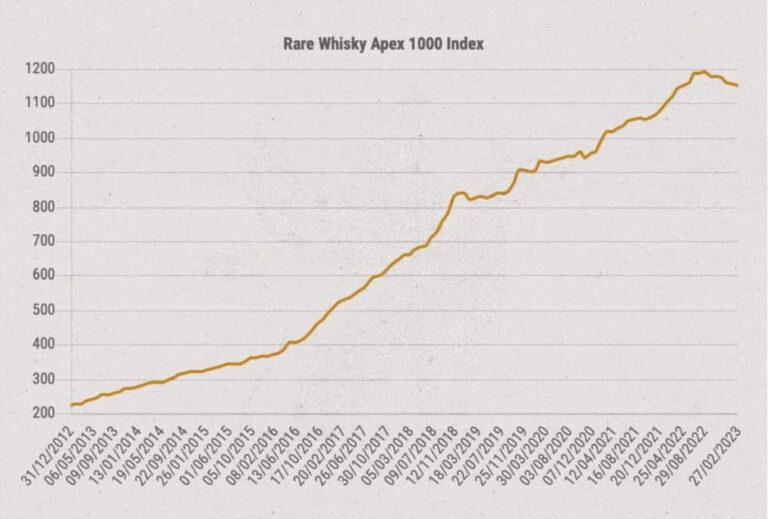
The British Standards Institution (BSI), the UK’s national standards body, has published the first guidelines on whisky production. These standards, known as BS 8636, encompass the processes involved in crafting Welsh, English, Irish, and Scotch whiskies.
The publication of these voluntary standards marks a significant milestone in the whisky industry, providing a clear and definitive specification for the production process of UK-made whiskies being sold in both domestic and global markets.
Key highlights from these guidelines include:
- Whisky Colour: The standards establish a precise range for the desired colour of whisky, stipulating that it should be caramel in colour, ranging from a pale yellow or gold to a deep amber or mahogany.
- Aging Duration: According to the guidelines, whisky must undergo a minimum maturation period of three years in wooden casks. The whisky cannot be sweetened or contain any additives during the production process.
- Minimum Alcohol Content: The standards set the minimum alcohol by volume (ABV) for whisky at 40%, to ensure that “the distillate has an aroma and taste derived from the raw materials used”.
- Distillation Purity: To maintain the essence of the raw ingredients, the guidelines recommend that each distillation process should occur at less than 94.8% volume.
The BSI designed these standards to benefit both established whisky brands and newcomers, aiding them in showcasing the quality and authenticity of their production processes and supply chains. The standards are also extended as an open invitation to distillers worldwide, encouraging them to adopt these new benchmarks.
Scott Steedman, Director General of Standards at BSI, expressed his hopes that these standards would establish a universal benchmark for whisky quality, adding value to distillers and increasing consumer confidence globally. The versatility of these standards positions them for worldwide applicability, facilitating the production and trade of top-tier whisky.
While the standards refrain from prescribing a specific glass shape for “whisky nosing,” they recommend tulip-shaped glasses due to their ability to capture and concentrate the aromatic nuances of the spirit.
The standards also mention the animal products in the production of alcoholic beverages stored in casks before becoming whisky, noting the importance of transparent product labelling.
A technical committee within BSI will manage these standards, ensuring they evolve with market feedback and industry advancements. This development has earned praise from the Scotch Whisky Association (SWA), an organisation that actively contributed to the creation of these standards.
Martin Bell, Deputy Director for Trade at the SWA, states this voluntary standard is a positive stride forward for the whisky industry. He emphasises its potential to increase Scotch Whisky’s already impressive global presence, which reached 180 markets, with a valuation of £6.2 billion in 2022 – representing a remarkable 95% of all UK whisky exports. Bell highlights the standards’ role in reinforcing the exceptional quality of Scotch and other UK whiskies, which, in turn, may streamline international regulatory processes, reducing red tape and establishing these guidelines as an industry standard.
The new UK whisky production standards are a game-changer for whisky cask collectors. These standards create a clear and consistent way to judge the quality and authenticity of the whisky being produced. This boosts the credibility of whisky casks and can increase their value. Collectors can now confidently assess how the whisky is made and how long it’s aged. This transparency not only protects casks as part of your portfolio but also makes it easier to sell whisky casks to a wider audience, potentially raising their market worth.



